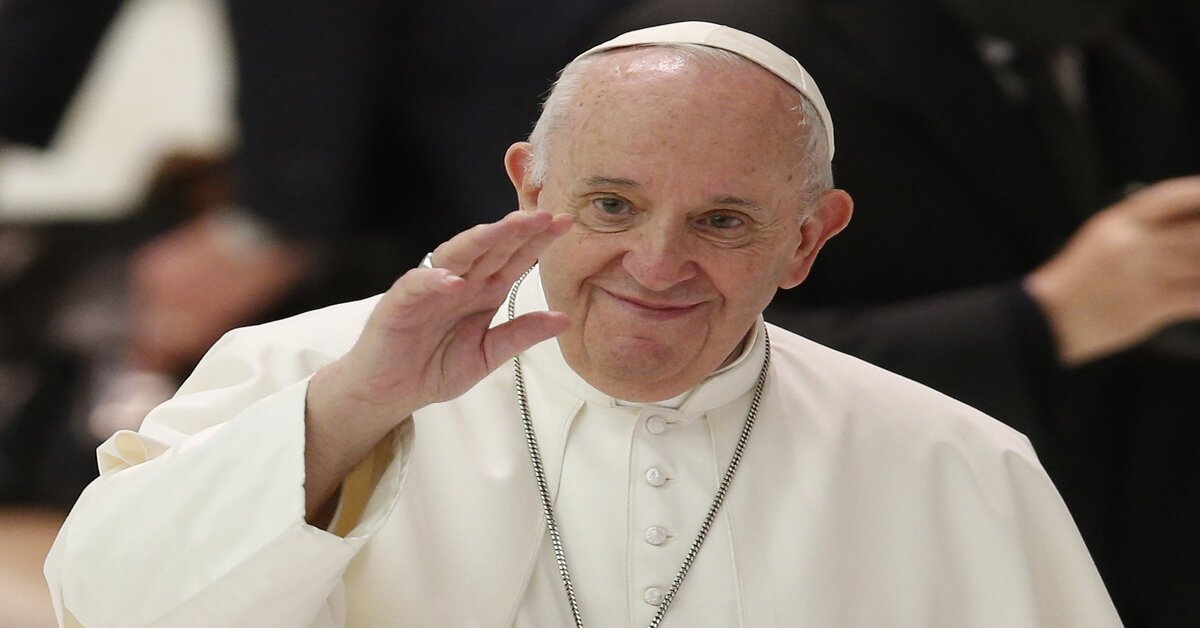"Oblatio vitae" the new holiness instituted by Pope Francis
"Oblatio vitae" the new holiness: Pope Francis has created a new category for beatification, the level immediately below holiness, in the Catholic Church: those who give their lives for others. This is called "oblatio vitae", the "offering of life" for the welfare of another person.
Martyrs, a special category of saints, also offer their lives, but they do it for their "Christian faith". And so, the pope's decision raises the question: Is the Catholic conception of holiness changing?
Who is a "saint"?
Most people use the word "holy" to refer to someone who is exceptionally good or "holy". In the Catholic Church, however, a "saint" has a more specific meaning: someone who has led a life of "heroic virtue". This definition includes the four "cardinal" virtues: prudence, temperance, fortitude and justice; as well as the "theological virtues": faith, hope and charity. A saint displays these qualities consistently and exceptionally.

When someone is proclaimed a saint by the pope - which can only happen after death - public devotion to the saint, called "cultus", is authorized for Catholics throughout the world.
Who is a "saint"?
The process of being named a saint in the Catholic Church is called "canonization", the word "canon" which means an authoritative list. People called "saints" are listed in the "canon" as saints and have a special day, called "feast", in the Catholic calendar. Before the year XNUMX or so, the saints were appointed by the local bishop. For example, St Peter the Apostle and St Patrick of Ireland were considered "saints" long before formal procedures were established. But as the papacy increased its power, it claimed the exclusive authority to appoint a saint.
“Oblatio vitae” A new kind of saint?
Given this complex history of Catholic holiness, it is fair to ask whether Pope Francis is doing something new. The pope's statement makes it clear that those who lay down their lives for others should demonstrate virtue "at least as ordinarily possible" for life. This means that someone can become "blessed" not only by living a life of heroic virtue, but also by performing a single heroic act of sacrifice.
Such heroism could include dying while trying to save someone who is drowning or losing their life trying to save a family from a burning building. Only one miracle, after death, is still needed for the beatification. Now saints can be people who lead fairly ordinary lives up to an extraordinary time of supreme self-sacrifice. From my point of view as a Catholic scholar of religion, this is an expansion of the Catholic understanding of holiness, and yet another step towards Pope Francis that makes the papacy and the Catholic Church more relevant to the experiences of ordinary Catholics.